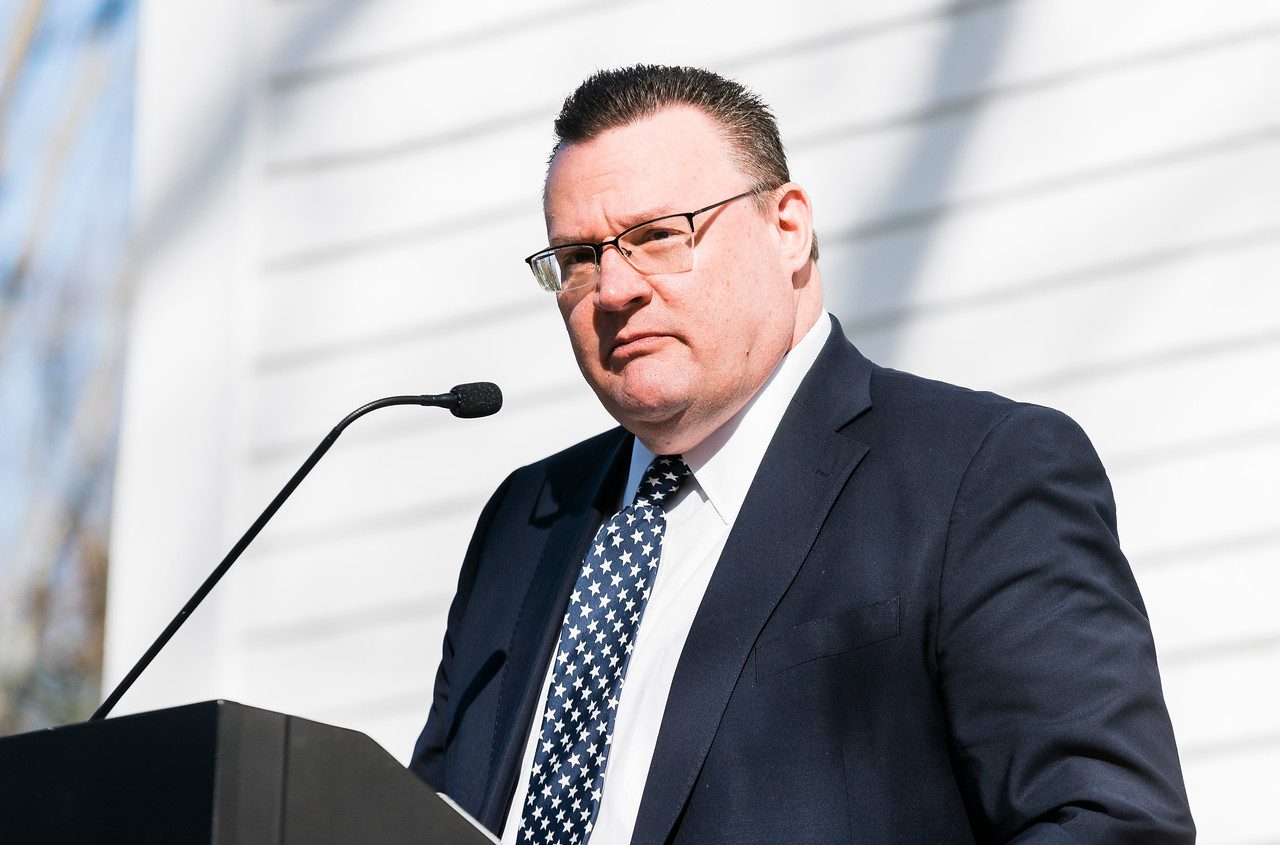
 press-releases
press-releases 
State Rep. Bradley H. Jones, Jr. is urging residents aged 65 and above in Massachusetts to explore potential eligibility for the Senior Circuit Breaker Tax Credit when filing their 2023 state tax returns.
According to Jones’ office, this tax relief program, established by the legislature in 1999, aims to alleviate financial burdens on seniors by providing a refundable tax credit designed to offset rent and property taxes associated with their primary residence in Massachusetts.
“The Circuit Breaker is an important tax relief program designed to assist older residents who are struggling with high housing costs,” Jones said. “The recent changes made to the program will directly benefit nearly 100,000 eligible seniors when they file their state taxes this year.”
In a recent legislative update, the maximum tax credit has been increased from $1,200 to $2,590 for the upcoming 2023 tax year. Governor Maura Healey signed these changes into law in October 2023.
Eligibility for the tax credit is open to Massachusetts residents who were 65 or older by Dec. 31, 2023, and who own or rent residential property in the state as their primary residence. For married couples filing jointly, the qualification is met if at least one person was 65 or older by the specified date. According to Jones’ office, the tax credit applies to residential properties assessed at $1,025,000 or less as of Jan. 1, 2023, post-residential exemptions but prior to abatements.
Applicants must also meet specific income criteria to qualify for the tax credit. Annual income limits are set at $69,000 for single individuals, $86,000 for heads of households, and $103,000 for married couples filing jointly. Homeowners are eligible if their property tax payments and half of water and sewer expenses exceed 10% of their total income. For renters, 25% of their annual Massachusetts rent must surpass 10% of their total income. Seniors residing in public or subsidized housing are not eligible for the Circuit Breaker.
According to the press release, claiming the tax credit requires completing a Schedule CB tax form in addition to the standard Massachusetts Form 1 or Form 1-NR/PY income tax form. A Massachusetts state tax return must be filed to receive the tax credit, even if no taxes are owed. Rep. Jones’ office provides copies of the required forms through phone or email.
24World Media does not take any responsibility of the information you see on this page. The content this page contains is from independent third-party content provider. If you have any concerns regarding the content, please free to write us here: contact@24worldmedia.com